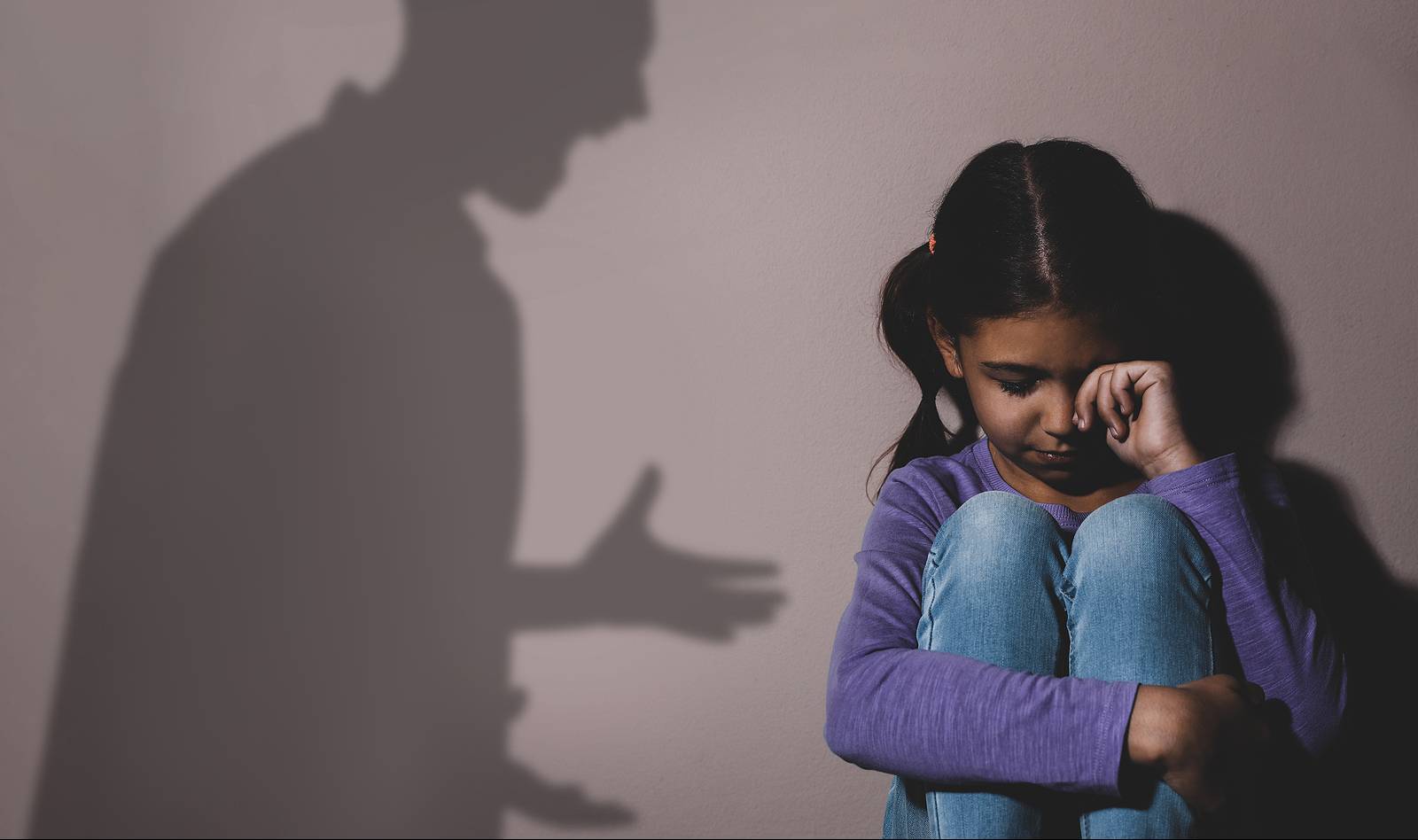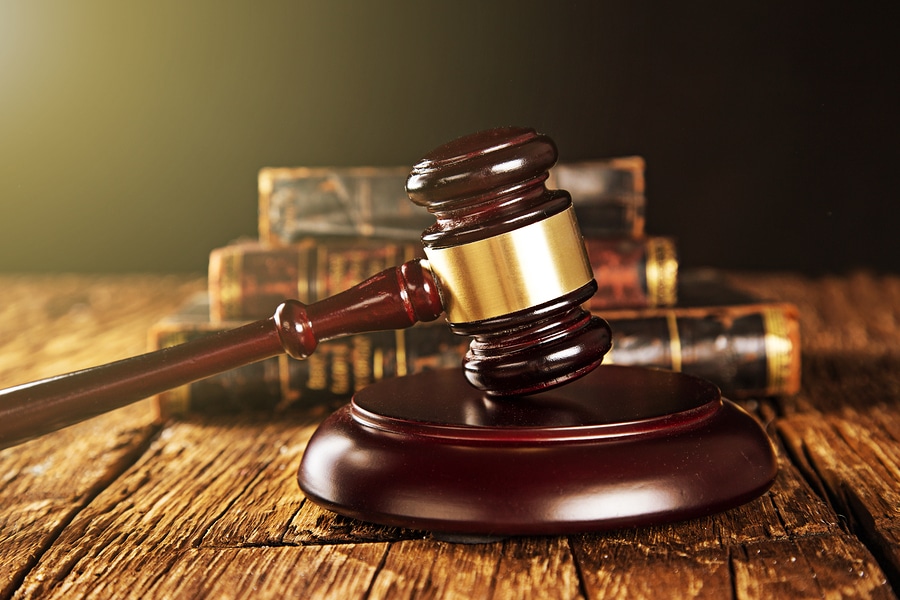Child abuse is a heinous crime, and as such, it can have some very strong penalties for those who are found guilty of committing it. Unfortunately, child abuse does happen, but so do false accusations of child abuse also.
People who are falsely charged often believe they don’t have anything to worry about because they know that they are innocent. But when the penalties for child abuse are so severe, a charge is not something you should ever take lightly. Even if you know you are innocent, the punishments are too much to risk.
To illuminate this issue, we’re going to be discussing how child abuse charges work here in Denver. We’ll start by looking at what is considered child abuse since the definition is wider than most people realize. Then we’ll look at the different levels of child abuse based on the level of injury inflicted. Finally, we’ll close out by examining the punishments for a child abuse conviction.
What Is Considered Child Abuse in Denver?
Information about child abuse can be found in the Colorado Revised Statutes Section 18-6-401. Most people think that they understand what child abuse is innately, but it’s important to keep an open mind about the topic because it has a rather wide definition.
For example, striking a child is clearly child abuse. But failing to provide proper medical care can also be charged as child abuse. It is also child abuse to improperly feed a child and cause them to become malnourished. We’ll discuss the various ways child abuse happen more in a moment, first let’s see the definition these all fall under.
Child abuse, as that above reference statute informs us, is any act that:
- Causes a child to suffer an injury, either to their life or to their health
- Places a child into a situation that poses a threat to their life or their health
So the first thing that you may notice is that child abuse can occur as an act (the first point), but it can also arise from a situation. So say you drive drunk with a child in the car but you don’t get into an accident. You didn’t cause the child to suffer an injury, but you placed them into a situation that poses a threat of injury and therefore this could be counted as child abuse.
This is important to keep in mind because it shows how child abuse isn’t necessarily due to somebody’s actions, it can also be done through their inaction (such as not acting to feed a child appropriately). The law doesn’t necessarily treat one type of child abuse any harsher than the next; instead, it looks at what level of injury the abuse caused to determine how severe the punishment should be for the crime.
What Are the Different Levels of Child Abuse?
Before we dive into the topic, it’s important to reiterate that child abuse is never okay. It doesn’t matter whether it is minor or serious. That may affect how severe the punishment being faced is, but there is no level of child abuse that is okay; even the most minor of abuse can leave long-lasting psychological scars.
The different levels of child abuse are based on the level of injury sustained. They include:
- No Injuries: Acts that are child abuse but don’t cause injuries include driving while intoxicated with a child in the car, inflecting harm upon them, allowing them around drugs, placing them into a risky situation. This is a misdemeanor crime, though the circumstances may allow for additional punishments for criminal negligence. It could be charged as a felony if the adult was in a place of trust or had a history of abuse.
- Neglect: Overly punishing a child, mistreating them, depriving them of proper medical care, or causing them to become malnourished are all forms of abuse through neglect. These are misdemeanor charges, though they could be upgraded to felonies in the same way that child abuse without an injury can be.
- Serious Bodily Injury: If a child suffers serious bodily injury as a result of abuse then it is charged as a class four felony. It can be further upgraded by the circumstances and the intent behind the actions.
- Death: Causing the death of a child through abuse can be a class three or class two felony, depending on the circumstances. It is also likely to be charged alongside a first-degree murder charge.
Note that being in a position of trust or authority over a child can make the charges worse. For example, a priest or teacher entrusted with the well-being of a child.
What Are the Punishments for Child Abuse in Denver?
Previous convictions for child abuse can increase the severity of the punishments doled out for a conviction. Additionally, the injury caused to the child, the position the abuser had over the child, and the intent behind the abuse all affect the outcome.
A misdemeanor charge of child abuse could result in up to 18 months in jail, a five for $5,000, or both. Felony charges, on the other hand, have a very large range of consequences. A less serious felony charge may only result in a couple years in jail, but charges stemming from the death of a child could result in over 20 years behind bars. In addition, fines could reach up to a million dollars.
When a person in a position of authority over a child commits an act of misdemeanor child abuse, it is fairly common for it to be charged as a felony. It’s important to understand where you stand and what consequences you could be facing when charged with child abuse.
What Can I Do if I’m Charged with Child Abuse?
The most important thing is to stay calm. Trying to reach out to the child or the family of the child could make matters worse. Instead, reach out to an experienced child abuse attorney that can help you to better understand the case against you, formulate a defensive strategy, and fight for your freedom in the courtroom.







